Organic Milk Programme
Your milk, your future, your Co-op.
Useful links:
YOUR OPPORTUNITY
The Fonterra Organic Programme started in 2004 with a small passionate group of farmers. It is now made up of over 100 farmers across the North Island that together supply over 10 million kg/MS annually.
As a farmer-owned co-operative, Fonterra doesn’t just work with you; your Co-op work for you, ensuring every decision made is focused on delivering real value, long-term stability, and sustainable growth for your farm business.
Your choice to supply Fonterra means so much more than choosing a buyer for your milk – it is it an investment in a shared commitment to your long-term success.
<STICKY NAV LABEL>
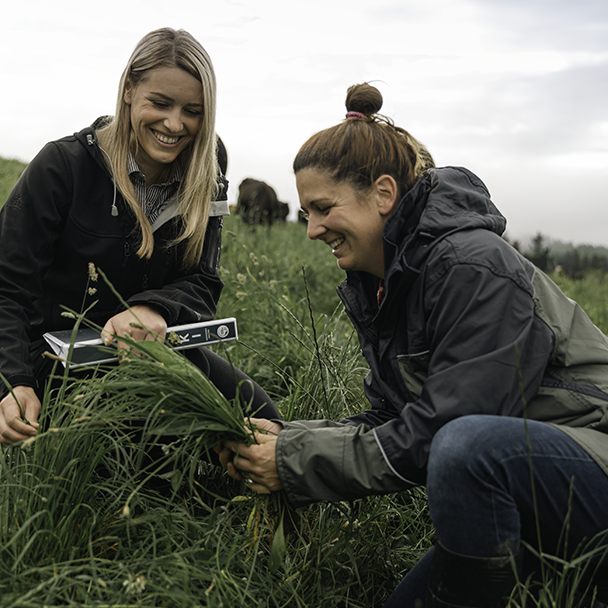
We’re focused on maximising the value of your milk by investing in efficiency, innovation, and global market reach. From your farm to ingredients to finished products, we ensure every step delivers results that benefit you.
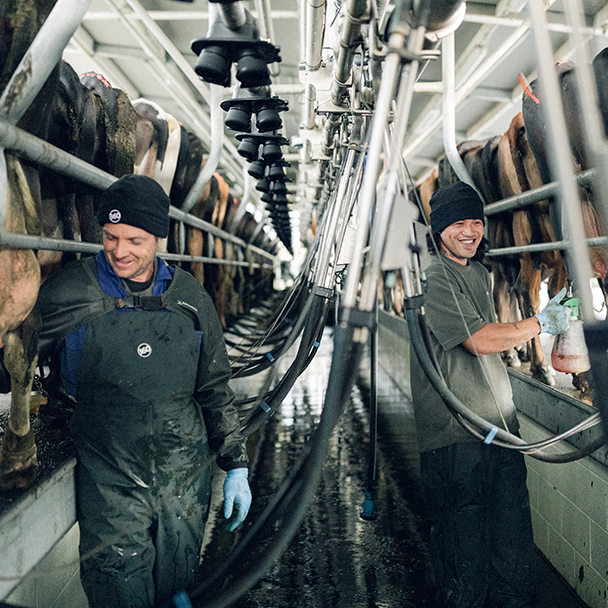
We’re shaping the future of dairy by exploring smarter ways to produce milk and creating high-value products that meet the demands of a changing world.
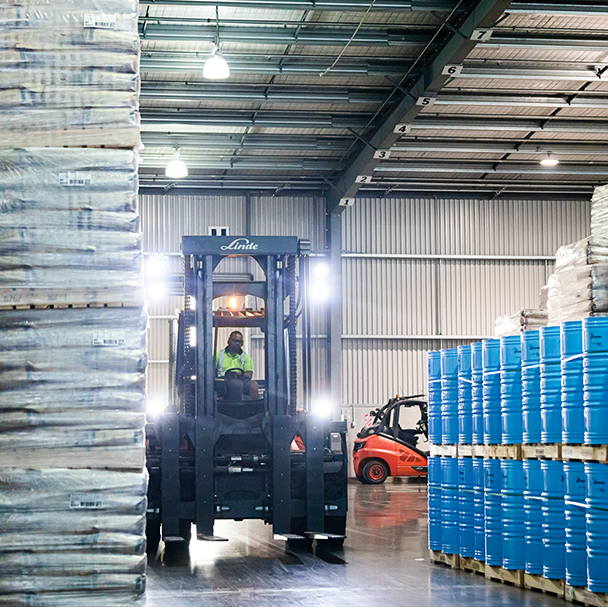
In a volatile industry, Fonterra offers the stability that comes from a large global footprint, diversified products and large and established customers. Our co-operative model provides security, manages risks, and allows you to focus on your farm with confidence.
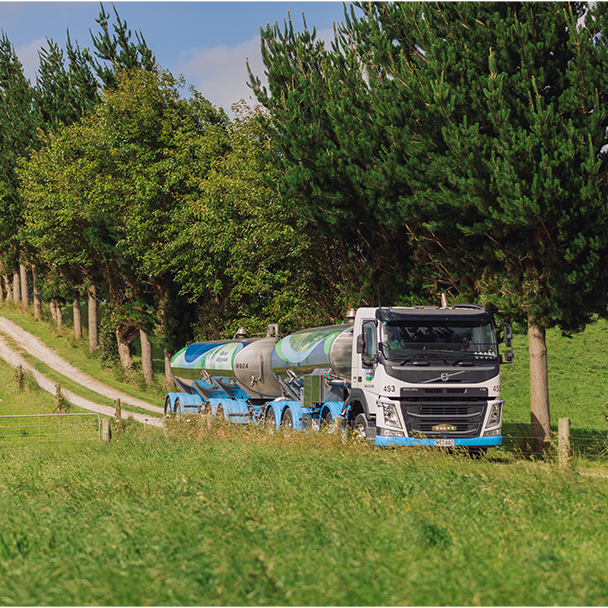
You can count on us—from collecting your milk to making payments on time, every time, our systems are built to keep things running smoothly.
TESTIMONIALS
CONVERTING TO ORGANICS
Fonterra has made a long term commitment to organics, including a robust conversion incentive that is paid during your conversion process.
It takes up to three years for a farm converting to organic production to become fully certified to the standards required by Fonterra. Through the conversion process your pasture and livestock are evaluated separately.
When you’re involved in the Organics Programme, you’re supported by your Farm Source team with:
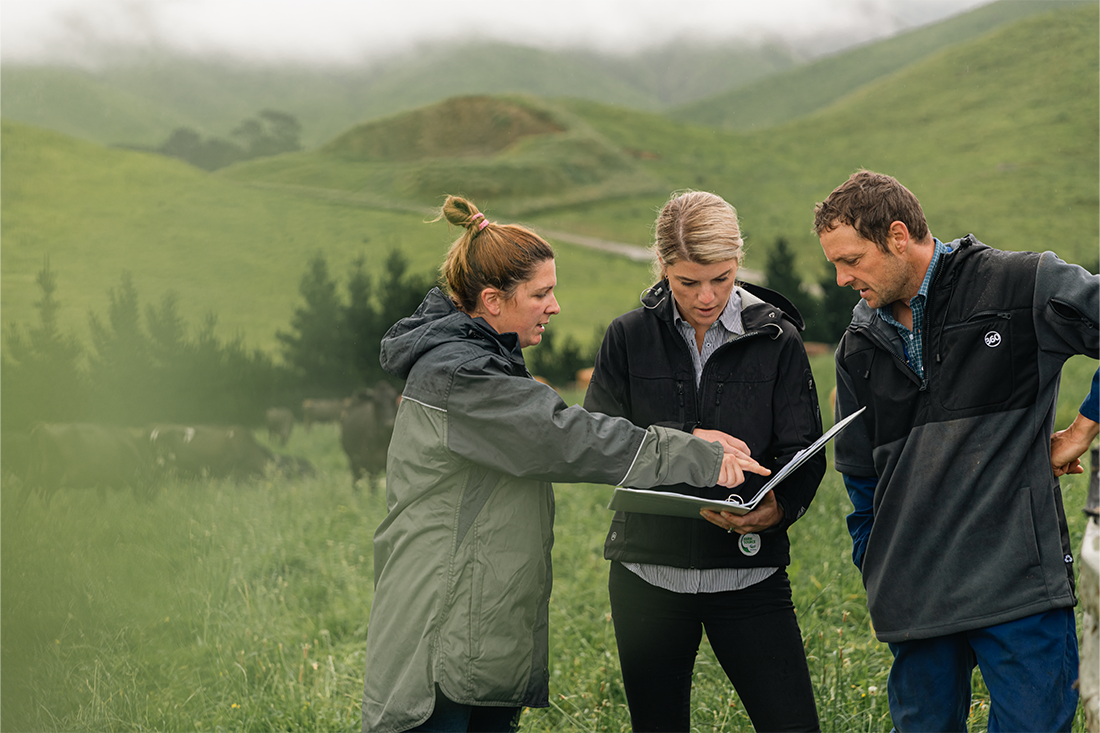
FAQs
Organics is also referred to as biological, ecological or regenerative farming. An organic farming system is one that aims to work with natural biological cycles. Organic management recognises that, in any system, every element affects every other element and no one component can be changed or taken out of the system without affecting other components.
Organic management has a particular focus on optimal soil health and management. The soil is regarded as a living system on the basis that there is an essential link between creating healthy soils and healthy plants, animals and people. Fundamentally, organic management requires farmers to act proactively rather than reactively.
Organic management is based on a management system which aims to reduce or eliminate the need for most agricultural chemicals. Organic food is produced without the routine use of synthetic chemicals such as fungicides, herbicides, insecticides, growth regulators and soluble fertilisers.
But it is much more than “spray-free” or “residue-free”.
Organic farmers concentrate primarily on adjustments within the farm and farming system, in particular rotations using appropriate soil fertility management and cultivations, to achieve targeted production levels amd minimise the use of external inputs.
There are quite a few misconceptions about the principles of organic farming. Some of the more common misconceptions are discussed below.
Becoming a certified organic farmer means that the farm is run under a set of rules and the farm and processers are audited annually by independent organic certifying bodies. There are a number of levels of certifications in New Zealand, and these then determine which market product can be sold into. The level of certification required for the Fonterra Organic programme is the United States Department of Agriculture National Organic Programme (USDA NOP) and Canadian Organic Regulations (COR). This gives the best access to markets around most of the world.
The time it takes to gain USDA NOP and COR certifications will depend on the farm system’s starting point and what has been use as a farm input. However the general rule is that it takes three years to certify the land from last use of a non-certified input and 18 months for stock. To find out where your farming system sits, you should always talk with a certifying body.
There are two certifying bodies in New Zealand that manage and conduct on-farm certification: BioGro and AsureQuality. Both work with input companies to approve inputs for use on organic certified farms.
We have now had the Organic Milk Price for some time and it seems right to look back and remind ourselves the reason why it was implemented:
The organic milk charge ensures that we can pay farmers that take the time and energy to supply organic milk a market price whilst adding value. This process is taken by all business units within our Co-op; the major difference is the price of the milk and who gets it.
The charge value of 20% of the Organic Milk Price was selected not at random, but one that was looked at as being a fair amount for our Co-op. It represents a mid-point return for many of the different business units that our Co-op has.
It is important to note that this charge is not profit for our Co-op. Within the organic programme there are a number of assets that we leverage, such as the audit and food safety team, planning teams, sales teams, finance teams plus many others. Other costs that are also covered by the organic milk charge include plant improvements to help with organic manufacturing.
If we were to try to replicate the assets we have access to now, the actual total costs could be a lot higher and impact directly on the returns to you.
We do appreciate the interest you have in making your Organic programme the best it can be. We don’t mind the difficult questions on what we are doing; in fact, this shows us that you are challenging us to make the programme better for you and future organic farmers.
Please contact Stuart Luxton - Organics Business Relationship Manager.
Email: stuart.luxton@fonterra.com or specialty.milks@fonterra.com
Mobile: 021 241 8797